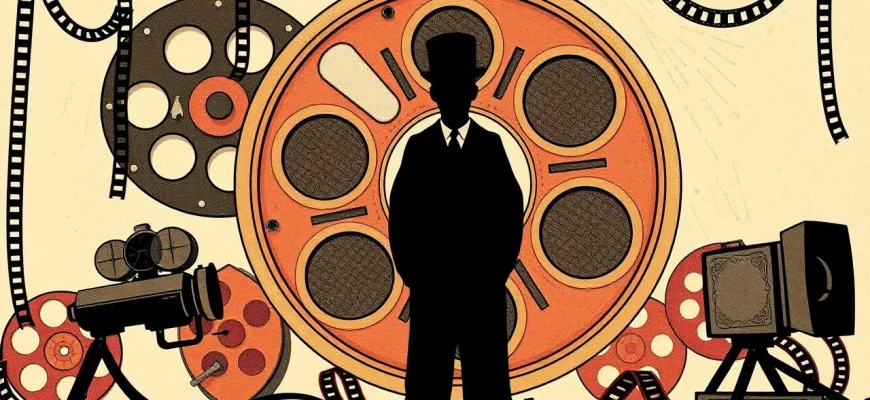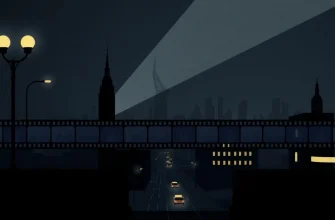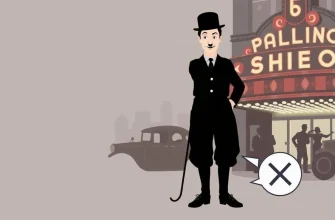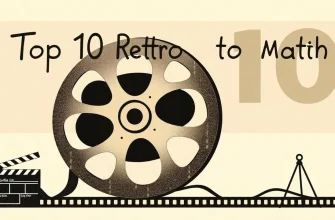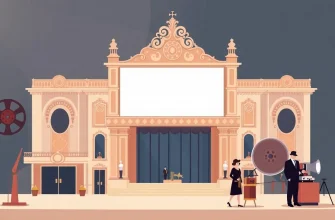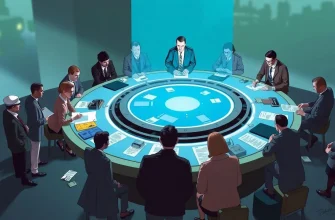The silent film era, spanning from the late 19th century to the late 1920s, was a time when cinema was in its infancy, yet it produced some of the most enduring and influential works in film history. These films, devoid of spoken dialogue, relied on visual storytelling, expressive acting, and innovative techniques to captivate audiences. This collection showcases ten of the greatest silent films, each a testament to the art of filmmaking before the advent of sound, offering a unique glimpse into the past and the universal language of cinema.

The Cabinet of Dr. Caligari (1920)
Description: This German Expressionist film tells the story of a hypnotist who uses a somnambulist to commit murders, known for its surreal, distorted sets and psychological depth.
Fact: The film's sets were designed to reflect the inner turmoil of the characters, creating a visually disturbing atmosphere.
 Watch Now
Watch Now 
The Kid (1921)
Description: This heartwarming tale of a tramp who adopts an abandoned child is one of Charlie Chaplin's most beloved works, showcasing his comedic genius and emotional depth.
Fact: The film was Chaplin's first full-length feature and marked the debut of Jackie Coogan, who later became famous as Uncle Fester in "The Addams Family."
 Watch Now
Watch Now 
Nosferatu (1922)
Description: F.W. Murnau's unauthorized adaptation of Dracula is a chilling tale of vampirism, with Max Schreck's portrayal of Count Orlok becoming iconic in horror cinema.
Fact: The film was almost destroyed due to copyright issues with Bram Stoker's estate, but a few prints survived, preserving this horror classic.
 Watch Now
Watch Now 
Safety Last! (1923)
Description: Harold Lloyd's comedy about a young man trying to make it big in the city, culminating in the iconic scene where he hangs from a clock high above the street.
Fact: The clock scene was filmed with Lloyd actually hanging from the clock, though safety measures were in place.
 Watch Now
Watch Now 
The Gold Rush (1925)
Description: Another Chaplin classic, this film blends comedy with pathos, telling the story of a lone prospector during the Klondike Gold Rush, featuring some of Chaplin's most famous scenes.
Fact: The scene where Chaplin eats his shoe was inspired by a real event where miners were so hungry they boiled their boots for food.
 Watch Now
Watch Now 
The Phantom of the Opera (1925)
Description: Lon Chaney's portrayal of the disfigured Phantom, haunting the Paris Opera House, is a landmark in horror cinema, with its elaborate sets and emotional depth.
Fact: Chaney created his own makeup for the role, which was so effective that it shocked audiences and became legendary in film history.
 Watch Now
Watch Now 
Metropolis (1927)
Description: Fritz Lang's dystopian masterpiece explores class struggle in a futuristic city, setting the stage for science fiction cinema with its stunning visuals and narrative depth.
Fact: The film's sets were so large that they were used for other films, including Alfred Hitchcock's "The Lodger."
 Watch Now
Watch Now 
The General (1926)
Description: Buster Keaton's silent comedy about a Confederate railroad engineer's adventures during the Civil War is renowned for its elaborate stunts and technical prowess.
Fact: Keaton performed many of his own stunts, including a famous scene where he sits on the cowcatcher of a moving train.
 Watch Now
Watch Now 
Sunrise: A Song of Two Humans (1927)
Description: F.W. Murnau's poignant story of love, betrayal, and redemption won the first Academy Award for Unique and Artistic Production, highlighting its artistic innovation.
Fact: The film was shot on location in California, using innovative techniques like the "Murnau camera" for fluid tracking shots.
 Watch Now
Watch Now 
Battleship Potemkin (1925)
Description: Sergei Eisenstein's revolutionary film about the 1905 mutiny on the Russian battleship Potemkin is renowned for its montage techniques and the famous Odessa Steps sequence.
Fact: The film was banned in many countries due to its revolutionary content, but it's now recognized as a masterpiece of Soviet cinema.
 30 Days Free
30 Days Free 
